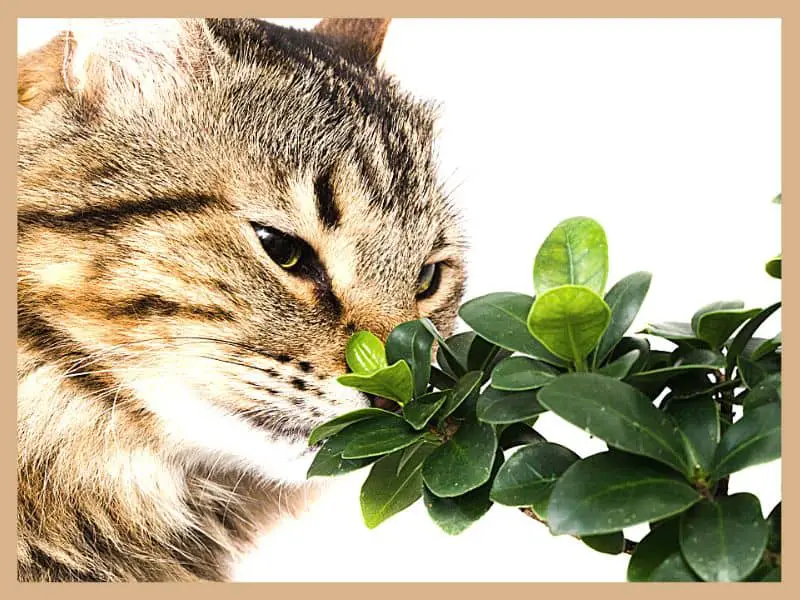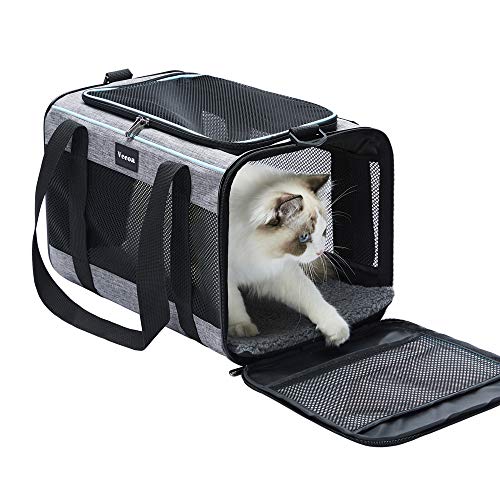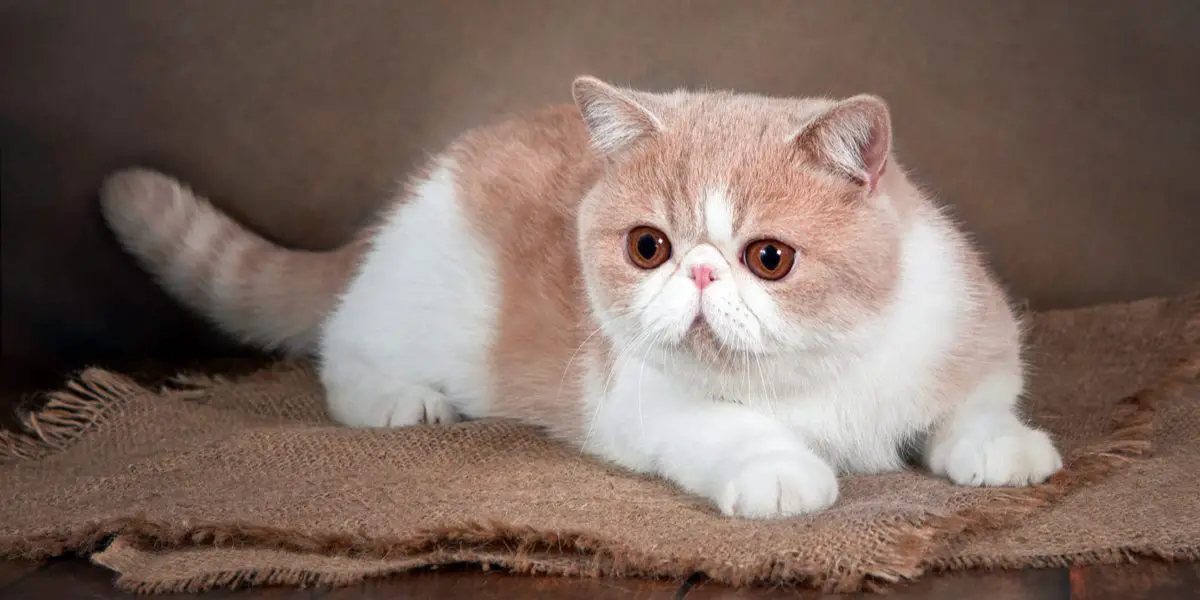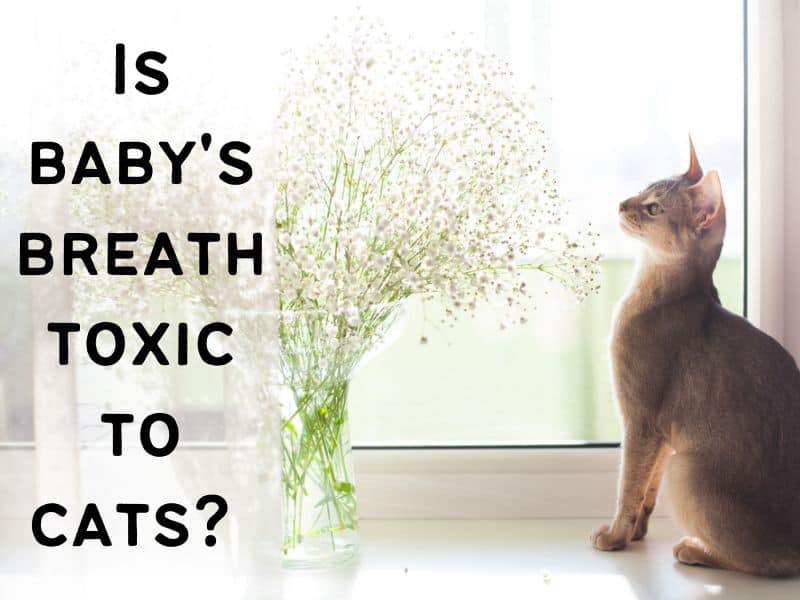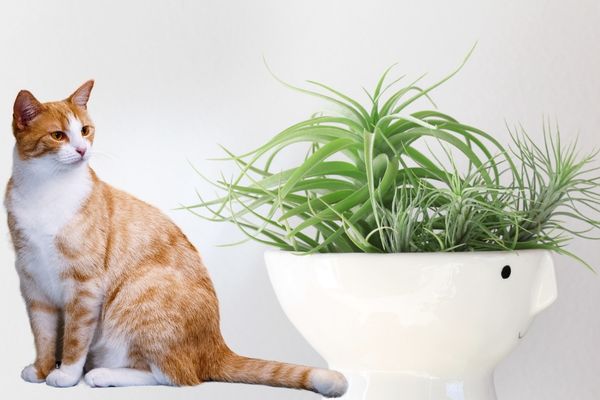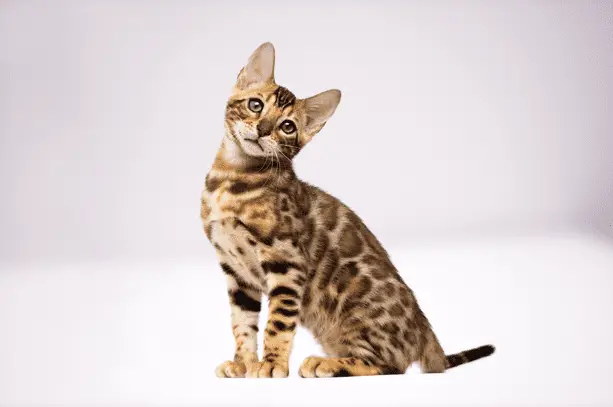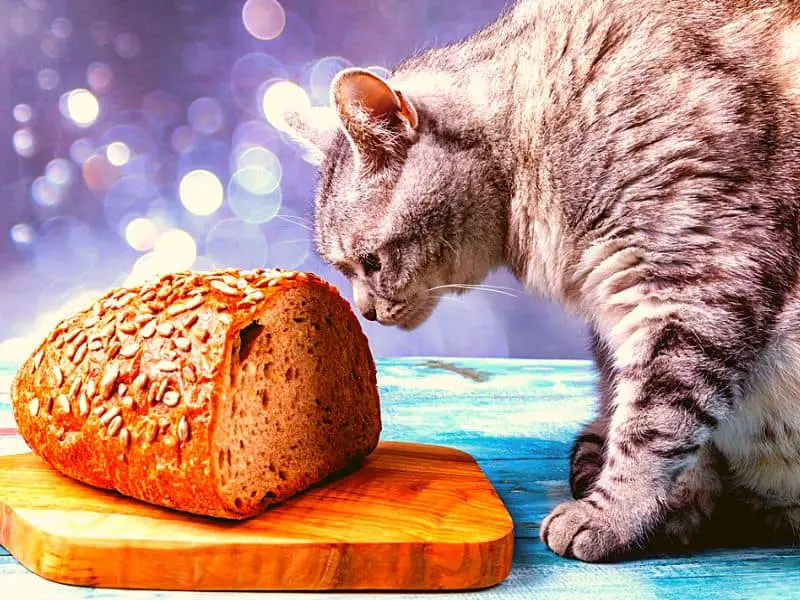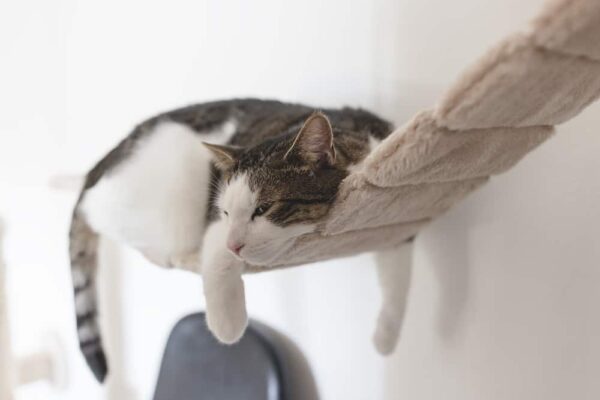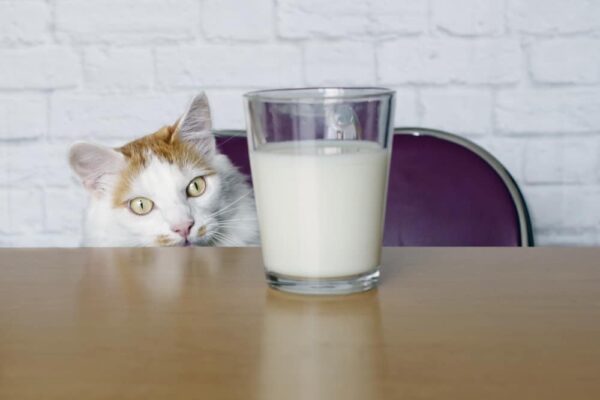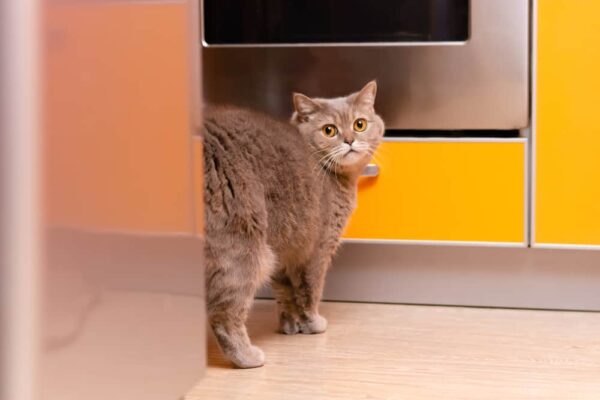You love to keep some bonsai trees to enjoy the aesthetic beauty of nature at home. At the same time, you are concerned about your pet cat since cat love to chew everything. But are bonsai trees poisonous to cats?
“Not all types of bonsai trees are toxic for cats, but wide varieties are toxic. Also, remember that some bonsai are perfectly safe, and some are highly toxic to cats. For instance, money trees and prayer plants are considered non-toxic bonsai for cats. And sago palm is highly toxic bonsai to cats.”
Table of Contents
Toggle
From this guide, you will know-
Toxic and safe bonsai list for cats. In the meantime, you will know the way to keep away your cat from bonsai trees.
Which bonsai varieties are toxic for cats?
There have no definite rules for choosing 100% safe bonsai trees for cats. Many cats’ owners said that they are keeping bonsai with cats safely. But there might be risks when a cat eats a toxic bonsai tree. Here we find out some toxic-considered bonsai trees for cats.
Sago Palm Bonsai Tree:
Sago’s palm is considered the most toxic bonsai plant for cats. Cycasin. The stems, roots, leaves, and seeds of sago palms are poisonous to cats because there is toxic cycasin. Especially, sago palm seed contains high levels of cycasin. A can instantly get sick from drooling, vomiting, diarrhoea, jaundice, and black tar-like stool. That is why it is strictly recommended not to keep sago palm bonsai at home, where belong cat.
Fig Bonsai Tree:
Fig bonsai is another poisonous tree for cats. Its root, stem, leaves, fruits and seeds are toxic. All parts of the fig are poisonous to cats. The common symptoms your cat might exhibit after eating fig bonsai.
So, notice if your cat is vomiting, has skin irritation, a shaking head, and diarrhoea. Not only cats, but fig bonsai is also poisonous for all animals except humans.
Azalea Plant:
Azalea is a charming bonsai plant from the most beautiful bonsai rhododendron family. But it is toxic for both humans and animals. Excessive drooling, vomiting and diarrhoea are common signs when a cat eats the Azalea bonsai tree.
Baby Jade Plant:
Baby jade plant bonsai trees are poisonous to cats. This toxic bonsai is also a jade tree or Chinese rubber plant. The entire part of this bonsai tree is toxic for cats. The poison from the jade plant can cause vomiting, excess drooling, reduced muscle function and heart bit. Besides, being aggressive and sleeping are signs of eating jade plant poison.
Norfolk Island Pine:
Norfolk Island belongs to the Araucariaceae family. It is also known more three names Christmas tree, house pine, or Australian pine. It is toxic to cats whether you keep it as a bonsai or a Christmas tree.
Cats can take Norfolk anyhow with water or other ways. Taking Norfolk can cause gastrointestinal upset, vomiting, dermatitis, mouth irritation and diarrhoea.
Cherry Trees:
You might be wondering why cherry trees’ bonsai are poisonous to cats. But cherry tree contains comparatively mild poison. But it is toxic even though we can eat cherry fruits.
Eating a small number of cherry trees will not cause any major problems. After eating cherry bonsai tree, a cat can lead bright red gum. Even an excessive amount of cherry trees can cause death.
Sweet Plum:
Sweet plum is a favorite fruit of most people, but all parts of this bonsai tree are toxic to cats. All parts of sweet plums contain cyanide. Especially sweet plum gets more poisonous when it dries because the density of cyanide increases then.
Boxwood Bonsai:
Boxwood is an excellent bonsai tree that is poisonous to your cats. This tree contains alkaloids and a butter-like oil, making a boxwood bonsai toxic to cats.
Due to the bitter taste of boxwood, cats are usually avoiding this bonsai. Yet, it is best practice to keep your cat away from boxwood bonsai.
Juniper:
Juniper is mildly toxic to cats. However, like common signs, vomiting and diarrhoea may occur from juniper bonsai. So, if possible, avoid these trees at your home when you have a cat.
Pines:
Due to easier manipulation, pine bonsai species are popular with the bonsai lover. But it is not safe for cats. Pine bonsai has sharp needles that can hurt a cat’s mouth, tongue, eyes or face. The common symptoms of poisonous pines bonsai are vomiting, diarrhoea and kidney diseases.
Here's a related post that you might find useful. Why Is My Cat Drinking a Lot of Water?
Which bonsai plants are safe for cats?
- Parlour palm
- Money tree
- Bamboo palm
- Ponytail palm
- Peperomia green
- Prayer plant
How to Keep Your Cat Away from Bonsai Trees
Are you too weak to the bonsai species mentioned above to want one of your own? Don’t overthink. We’ll teach you some techniques that will allow you to keep cats and your favorite bonsai at home simultaneously. Let’s find out how you can keep your feline friend away from poisonous bonsai.
Reverse system:
Let’s follow a reverse system. Pick from your favorite list, as you can pick outdoor bonsai for indoor cats. And for outdoor cats, choose bonsai that you can grow indoors.
However, indoor cats may go outside, or outdoor cats may come indoors. So, this is not a 100% safe system, but 80% will work—the remaining 20% you should probably tackle with your observation.
Elevate and separate:
You can keep your separate bonsai space. Keeping on the higher shelf where the cat can’t reach might be a great solution. Besides, many bonsai lovers show their bonsai in a hanging position. Apart from these, you can keep your bonsai inside the transparent, three-sided box.
Establish a pet-free space:
An artificial greenhouse can help to secure your bonsai trees from cats. In this case, you can keep multiple bonsais as per your choice. Although making a greenhouse for bonsai is a bit expensive, it is safe to keep bonsai and cats together at home.
Distract and conquer:
You can provide your cat catnip, silvervine, and cat thyme. They keep your cat from going near the bonsai tree.
Animal repellent sprays:
Animal repellent sprays work great to prevent a cat go nearby the bonsai. Cats usually dislike the citrus scent. So, you can spray some artificial citrus spray around the bonsai. Besides, orange or lemon peels can be alternative to citrus.
What are the Symptoms of Bonsai Tree Poisoning?
Poisonous bonsai trees can show some common symptoms in your cat. If somehow your cat takes any specific parts like leaves, stems, flowers or seeds of bonsai trees, then observe your cat for the following symptoms.
- Irritation, Rash or Discoloration in the Skin
- Excess urinating drinking water
- Breathing problem with coughing
- Gastrointestinal Irritation
- Dilated Pupils and vomiting
- Lethargy, diarrhoea and black stool
- Drooling, Loss of appetite
- Seizures or coma
Remember that diarrhoea and vomiting can occur when your cat takes a poisonous bonsai tree and gets seriously sick. There have more symptoms that you may not easily understand. So, keeping an eye on your cat if you have some poisonous bonsai trees is highly recommended.
Here's a related post that you might find useful. Can Cats Understand Human Emotions
What should you do when you understand that your cat has taken a poisonous bonsai tree?
If you notice that your bonsai stem and leaves are missing, look at your cat and observe it. If the stems and leaves get inside the cat’s mouth, gently pull them out. At the same time, wash the cat’s face with clean water. Many cat owners try to induce their cats to vomit. But it is not a good practice at all. You can only do this by consulting a vet.
Observe if your cat is facing any symptoms we have mentioned above. If your cat’s condition worsens, you should contact the Pet poison control clinic or get an emergency pet service.
There have different treatments for different poisonous bonsai. So, collect a sample of the bonsai tree that your cat has eaten. The sample bonsai part will help the vet to run proper treatment. Tell the vet in detail what symptoms you notice in your cat and if your cat is behaving in any unusual way.
FAQs:
Are ficus bonsai trees poisonous to cats?
Yes, all parts of Ficus bonsai trees are poisonous to cats. The most common focus, like the Rubber plant and Fiddle Leaf Fig tree, contains one kind of sap that can occur irritating when a cat eats Ficus. You can notice vomiting, drooling, diarrhoea, rashes and stomach upset in your cat after eating Ficus bonsai trees.
Are dwarf bonsai trees poisonous to cats?
Yes, dwarf bonsai trees are poisonous to cats. Any part of these dwarf jade plants is toxic to cats. So, keep your cat away from chewing or eating dwarf jade plants. Also note that the common symptoms of taking dwarf jade plant are vomiting, incoordination and depression.
Are juniper bonsai safe for cats?
No, juniper bonsai trees are mildly poisonous to cats. So, there are no life risks if your cat eats some juniper bonsai trees. But don’t forget that juniper is also toxic and can cause cat sicknesses like vomiting, diarrhoea and depression.
Are Chinese elm bonsai trees poisonous to cats?
Yes, Chinese elm bonsai trees are mildly poisonous to cats. The common signs of Chinese elm bonsai trees are vomiting, skin irritation and diarrhoea. So, keeping your cat away from Chinese elm bonsai trees is good.
Final words:
The demand for bonsai art is increasing incredibly. Among them, the number of bonsai lovers who have cats is not less. Suppose you are a bonsai lover, then good to know that not all bonsai are toxic to cats. But wide varieties of bonsai are toxic to cats.
This guide has covered the list of toxic and non-toxic bonsai trees for the cat. So, you can check out the list before purchasing your favorite bonsai. Have you anything more to know about bonsai trees and cats? Then let us know.

